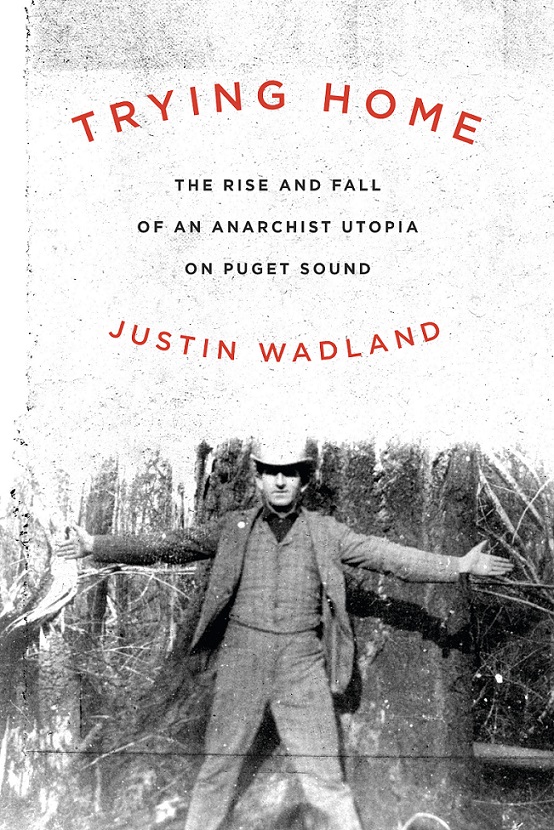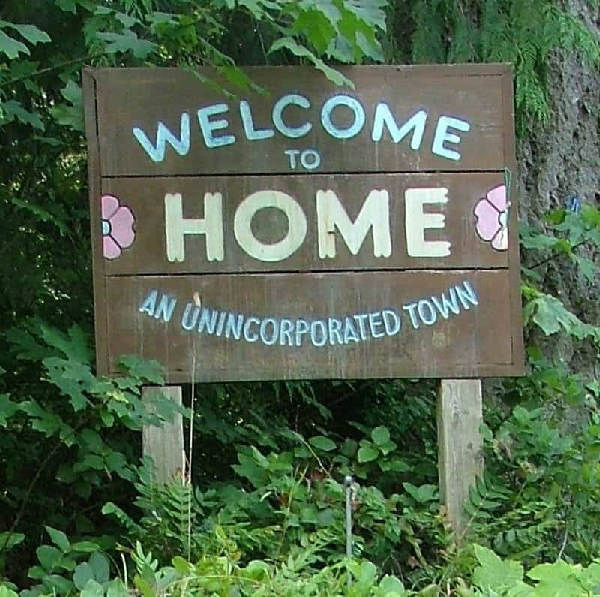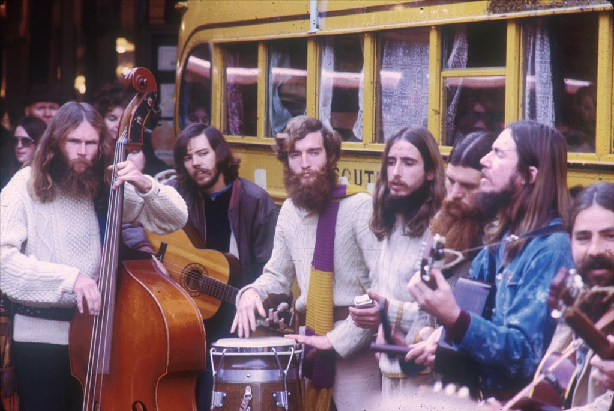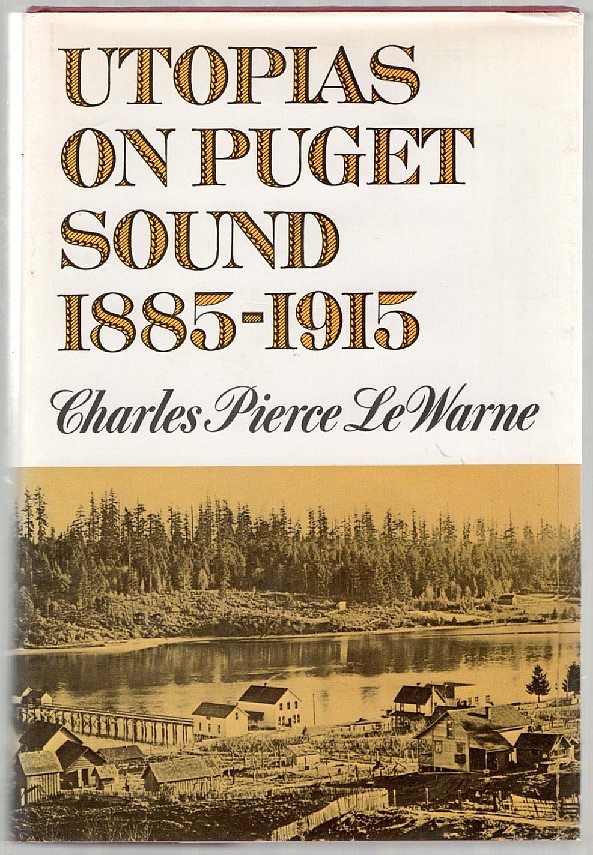Utopias on Puget Sound
May 27, 2022 at 8:44 a.m.
"Utopias on Puget Sound" explores the idealistic communities that flourished around the region in the late 1880s
Washington’s colorful reputation for radical movements was established in the 1920s and 1930s by free speech fights, strikes, strong labor organizations and woman suffrage reforms. But author Charles LeWarne finds the roots of these movements in Washington’s utopian communities that were sprouting up in the late nineteenth century.
 Justin Wadland wrote a book about Home, a utopian community on Kitsap County's Key Peninsula
Justin Wadland wrote a book about Home, a utopian community on Kitsap County's Key Peninsula  The tiny settlement of Home had several anarchist newspapers that were distributed nationwide. The colony’s reputation for anarchism and flamboyance contributed to a jail sentence for editor Jay Fox, who published a series of editorials called “The Nudes and the Prudes,” after some residents of Home swimming in the nude roiled up conflicting sentiments in the region. According to LeWarne, one of the downfalls of Home and other utopian communities came when the colonies’ ideals for equality and individual freedom didn’t mesh with their needs for community cooperation.
The tiny settlement of Home had several anarchist newspapers that were distributed nationwide. The colony’s reputation for anarchism and flamboyance contributed to a jail sentence for editor Jay Fox, who published a series of editorials called “The Nudes and the Prudes,” after some residents of Home swimming in the nude roiled up conflicting sentiments in the region. According to LeWarne, one of the downfalls of Home and other utopian communities came when the colonies’ ideals for equality and individual freedom didn’t mesh with their needs for community cooperation.In 2015, John Morgan of Pacific Northwest Book Reviews had this to say about LeWarne’s book:
“Utopias on Puget Sound, 1885-1915 is passionately researched and puts history in context with detailed stories from letters, records and newspaper accounts about life at the time, and profiles on colorful characters and charismatic leaders.” He goes on to write: “The utopian socialists who settled in western Washington state at the turn of the 20th Century cared little for money, politics or the class struggles of the world outside their communities. They saw an opportunity for a prosperous new life on their own terms. Communal societies of like-minded people living in harmony tend to last for short periods of time, mostly because people get older, their needs change, they move on or they die.”
The effects of these socialist colonies, says LeWarne, were felt long after those “utopias” ceased to exist, including the political movements in the 20s and 30s, as well the optimism and idealism of the 1960s and early 70s communes, which he deemed similar to the utopian socialism of the 1890s.
 Charles LeWarne wrote another book about a Washington idealist community, "The Love Israel Family"
Charles LeWarne wrote another book about a Washington idealist community, "The Love Israel Family"

Love Israel Family performing at the Pike Place Market 65th anniversary celebration, 1972. Photo courtesy Seattle Municipal Archives (36754)





